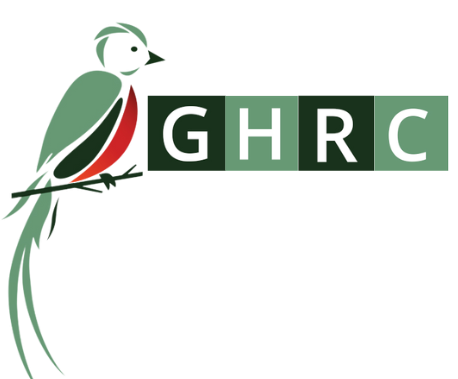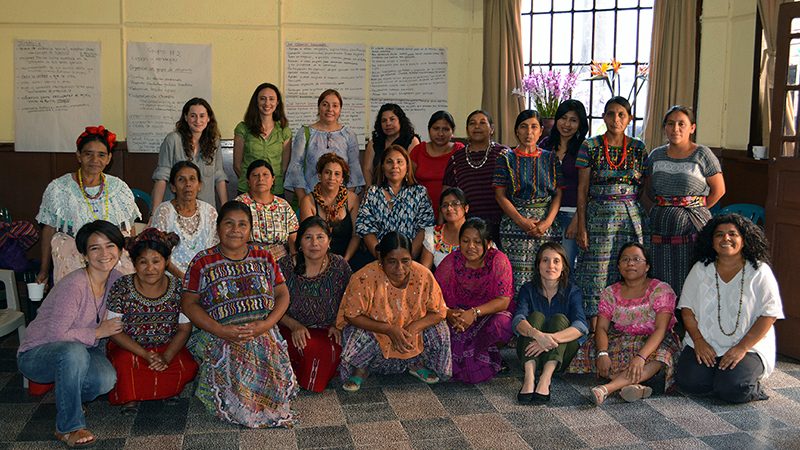Historical
Peace Accords — The agreements formalized in 1996 are still the framework for Guatemala´s post-war transition, but they have been only partially implemented. The current crisis is an opportunity to focus on important steps that haven’t been taken.
UN Historical Clarification Commission Report — This document, published after a few years of investigation and interviews, is probably the most important reference for what happened during the war. The UN Commission describes how racism, the national security doctrine, and disproportionate and indiscriminate acts of the State led to widespread atrocities against the civilian population, including acts of genocide.
The REMHI Report — The Catholic Church also published a report about the conflict, based on extensive interviews with the Guatemalan population. Bishop Juan Gerardi was bludgeoned to death in the church garage two days after presenting the report. Byron Lima was one of those convicted for his murder; he is currently the subject of attention due to his profiteering ring in Guatemalan prisons.
Annual/Thematic Reports
On Human Rights Defenders:
- UDEFEGUA produces quarterly and yearly reports. GHRC summarized the 2014 report, which they called the most violent year for defenders since they began keeping track in the year 2000.
- Another recent report by the FIDH and OMCT, Smaller than David, describes the extreme vulnerability of defenders. They also produced a short video.
On Migration from Central America:
- The UN report on unaccompanied minors “Children on the Run.“
- Extensive study with recommendations, from the Center for Gender and Refugee Studies.
- GHRC published a fairly lengthy statement on root causes in August 2014.
On Justice:
- The Inter-American Court has declared Guatemala to have failed to implement more than 11 court sentences. Their 2014 resolution was particularly critical, given that the State had adopted a policy of negating the jurisdiction of the court, and that the State’s position “constitutes a clear lack of understanding of the Court’s sentences and of basic principles of international law.”
- 2014 elections of judges were denounced as corrupt, leading to a lack of judicial independence (see IACHR hearing from March 2015).
- (On transitional justice): Impunity Watch report on the challenges of combating impunity (2008)
On Land Rights:
- Tufts Report on Marlin Mine: The report concludes that the Guatemalan government receives a small share of the profit, that environmental risk is very high – and likely to increase- and that the mine is contributing little to sustainable development in the country, stating: “Overall, the report concludes that, when juxtaposed against the long-term and uncertain environmental risk, the economic benefits of the mine to Guatemala and especially to local communities under a business-as-usual scenario are meager and short-lived.”
- GHRC produced a report regarding concerns around the El Tambor gold mine and the peaceful resistance movement against the project, La Puya.
- MadreSelva just issued report on water quality at the Tahoe Mine (summarized by NISGUA), that documents contamination of water by chemicals and metals, resulting both from the mine’s operations as well as from poor management of mine tailings. The results back up the evidence that was presented in CALAS’ industrial contamination case against Minera San Rafael, which was ordered to trial earlier this month. It is the first of its kind in Guatemala.
- In March 2015, catholic bishops from across the America’s presented concerns on extractive industries at a CIDH hearing; GHRC also provided a summary on our blog.

